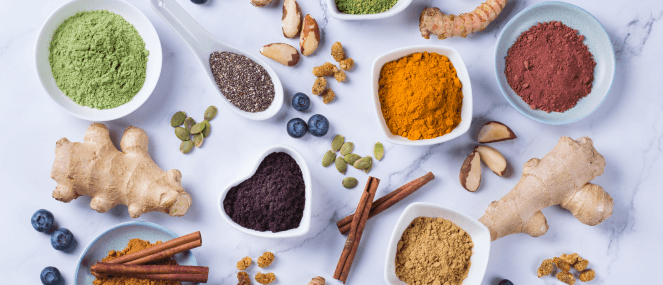
- Health hub/
- Stress relief & sleep support/
- Sleep off stress


Poor sleep significantly exacerbates stress. Such are the findings from Clayton Sleep Institute in St Louis, USA, presented at SLEEP 2009 – the 23rd Annual Meeting of the Associated Professional Sleep Societies.
The study involved 544 patients from the Midwestern Metropolitan Sleep Centre, who were each assessed for stress levels and sleep quality.
"The simplest, and likely best, advice for individuals with high stress and poor sleep is to look at some of the lifestyle choices they are making, and ensuring sufficient sleep is at the core of those choices," said Dr Eric Powell, principal investigator and director of the sleep centre.
Naturally sleepy
Emily Bradley, naturopath and lecturer at two natural medicine colleges in Melbourne, says nutrition has a major impact on the quality of our sleep. Here are her top four nutrients for improving sleep quality:
1. Magnesium
"We need magnesium to relax our muscles as well as our nervous system. So if you've had a busy, stressful day, and you jump into bed and your mind is racing, you probably haven't had enough magnesium to allow you to really slow down."
2. Calcium
"Calcium keeps the nervous system relaxed so it works efficiently. If you find you're lying awake, not problem-solving but nursing a mind like a spinning top, you may be deficient in calcium."
3. Good carbs
"Foods in their natural state – vegetables, wholegrains, legumes – release a slower level of glucose for the brain to work with. Glucose is like fuel for the brain: we need it for processing thoughts and performing at our best. It also helps with the release of serotonin – a chemical that helps us feel calm, which naturally, aids a restful sleep."
4. B vitamins
"These are needed to make the brain chemical melatonin, which helps regulate our sleep cycle – it also allows us to know when it's time to wind down and when it's time to wake. It's best not to take B vitamins at night, though, as they can energise your system and make it more difficult to fall asleep."
How to make your life sleep-friendly
- Avoid sugar and caffeinated beverages after 3pm – these stimulants rev up your system rather than calm it down.
- Run a warm bath containing relaxing essential oils such as lavender or marjoram.
- Overcoming bad sleeping habits takes time. Try to set a new routine of going to bed at the same time every night.
- Ensure your bedroom is quiet, dark and well ventilated. Earplugs and eyeshades may help to reduce noise and light.




